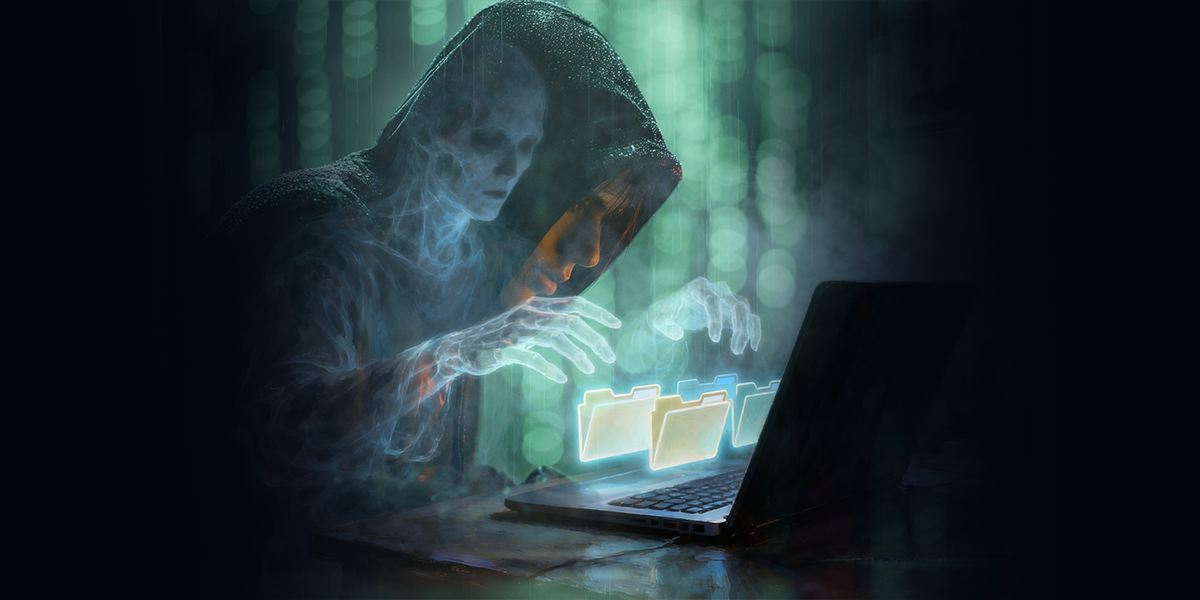A British computer hacker who broke into the US Military computer system has lost his battle against extradition to the US.
Gary McKinnon, who suffers from Asperger’s Syndrome, admits hacking into a military computer system in 2001 and 2002 but denies that his actions had any malicious intent, nor that they caused the claimed $800,000 (£487,000) worth of damage.
Mr McKinnon, 43, now faces extradition to the US where he could face up to 70 years in a high security prison facility if convicted. If tried and convicted in the UK, Mr McKinnon would face a maximum sentence of five years in prison and an uncapped fine.
McKinnon had challenged refusals by the home secretary and the director of public prosecutions (DPP) to try him in the UK under the Computer Misuse Act (1990), under which he admitted to hacking into military systems but the Home Secretary Alan Johnson insisted that he had no power to insist that the trial took place in the UK.
The DPP refused to order a UK trial, claiming that the bulk of the evidence was located in the US and Mr McKinnon’s actions were directed against the US military infrastructure.
It was also decided that Mr McKinnon’s Asperger’s Syndrome did not make him ineligible for extradition, ruling that it was “a lawful and proportionate response to his offending”.
After the ruling, the Home Secretary said: “Mr McKinnon is accused of serious crimes and the US has a lawful right to seek his extradition, as we do when we wish to prosecute people who break our laws.
“The court judgement has also made absolutely clear that the DPP’s decision not to prosecute in the UK was the right one.
“My predecessor has already sought and received clear assurances from the US that Mr McKinnon’s health and welfare needs would be met, should he be extradited.
“It is open to Mr McKinnon to seek to appeal to the House of Lords.”







